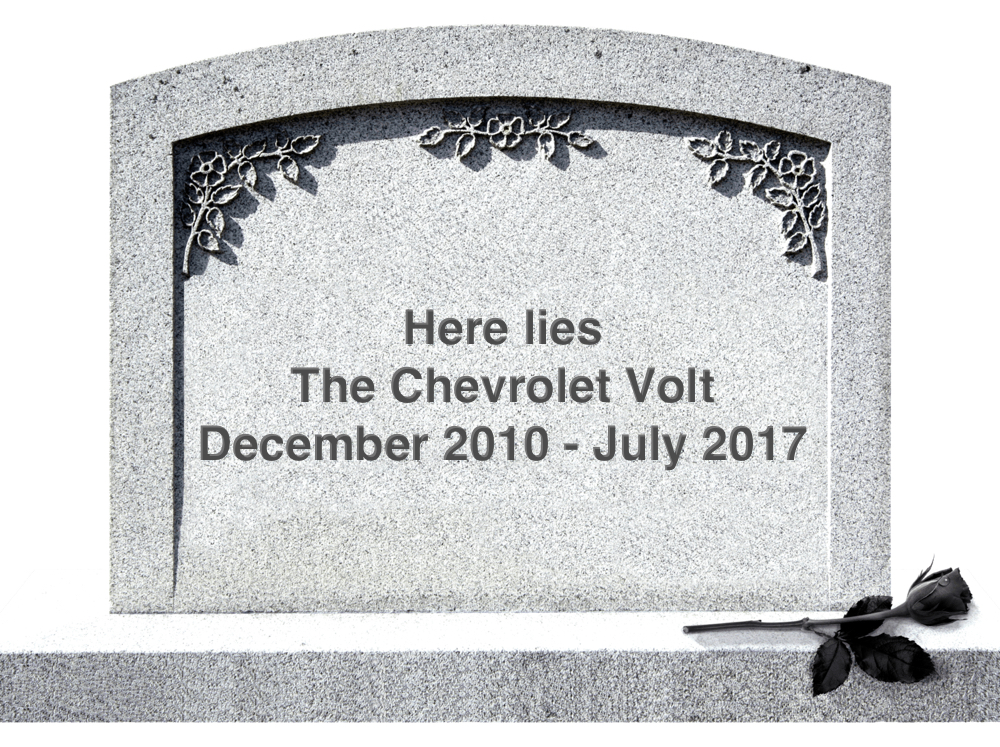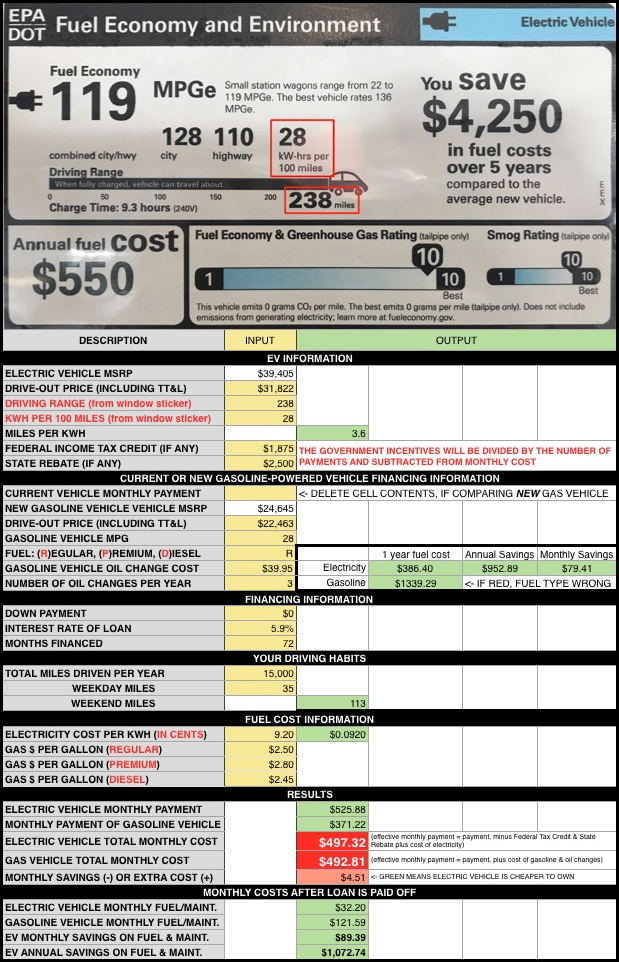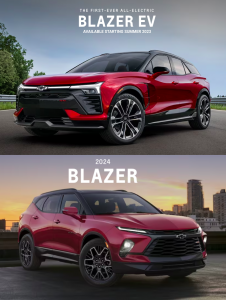 I’ve written before about why Chevy dealerships seem reluctant to sell Volts, what you can do to improve things and how Volt sales may be rendered unsustainable. Here’s something else, of which you need to be aware, to make sure we can buy Volts, in the future:
I’ve written before about why Chevy dealerships seem reluctant to sell Volts, what you can do to improve things and how Volt sales may be rendered unsustainable. Here’s something else, of which you need to be aware, to make sure we can buy Volts, in the future:
When buying a Volt, try to negotiate a win-win, between you and the dealership, rather than trying to cut the price to the lowest possible price.
“Yeah, right.” you think to yourself. “Typical salesperson trying to line his pockets.”
It’s not that simple. You’ll have a better understanding of what I’m going to propose, after you’ve read the three articles linked to above. Go ahead. I’ll wait here…
Okay. Here’s the deal. Dealers, in my area, are turning down Volt allocations. “Allocations” are earned, by selling vehicles. They give the dealership the ability to order more vehicles for inventory.
Sell a lot of Volts. Get a lot more Volts.
Don’t sell many Volts and you can’t get many (or any).
No big deal so far. However, dealers can earn allocation for other vehicles by selling a few Volts, if the manufacturer has a program used to ‘prime the pump’ in Volt sales.
Some dealers are selling a very small number of Volts, below their cost, to get these other benefits. They don’t make a profit, so the salesperson receives a minimum commission for selling a vehicle, called a “mini” in the car sales business. If a salesperson sold a Volt a day, using this strategy, they would earn about $25K per year.
“Thanks for playing our game.”
That salesperson has zero motivation to learn about the Volt, so they will recommend other vehicles when a potential customer comes in asking about the Volt. They won’t learn about the Volt because learning takes time and “time is money,” especially in commission sales.
This cascades into the Service Department. If the dealerships sell Volts at a loss, and the Volt requires very little service anyway, the dealership will not have Service Technicians that are Volt Certified. They will not purchase the expensive service tools and charging equipment, required for the Volt/Bolt. You’ll have to end up getting your cheaply purchased Volt somewhere else. This will happen in rural areas even more often than in big cities, so good luck, if you have a breakdown in a small town…
The profit margin on the Volt is incredibly thin. Consumers, used to years of truck discounts going as high as $13K, expect that level of discount is possible on all vehicles. That’s just not the case.
Finally, if this continues, the dealerships who promote the Volt (like mine) will lose interest in the vehicle because they keep losing sales to dealerships who discount below their cost, just to get ‘points’ with GM for other vehicles. It is just not a sustainable model.
Perhaps the Bolt will make such a splash, that those other dealers will get their just desserts, when they cannot sell them because they never took the time to understand their benefits, never got their Service staff up-to-snuff on plug-in vehicles and never bought the tools and chargers that will be needed for a 100% electric vehicle.
That’s my hope, of course.



I agree completely with this and have posted on various websites to not just seek the best deal but more importantly the best dealer of EVs.
That’s why I’ll be buying from you guys next summer. Once I get my tax rebate next year, I’ll be ready for my Bolt!
Once I get my tax rebate next year, I’ll be ready for my Bolt!
I think the Nissan Leaf is the same way…..I know here in Greensboro, NC there is a bad charging capability so i end up charging at Nissan all the time but yet they only had 1 Leaf and sold it and have not restocked….but yet the wholesale storage lots have them lined up like ducks in a row!
I get out of my lease I will be going after a Volt because of the distance factor….I had to tow my Leaf here to Greensboro, NC because of distance and charging
One difference with the Leaf is that it seems to be discounted by the manufacturer, rather than the individual dealers. Undoubtedly, there are some dealers going beyond Nissan’s discounts, but it seems Nissan is buying market share. Their Leaf lease, at one point, had a monthly payment roughly equal to the monthly fuel cost experienced by the average gasoline-powered vehicle’s owners. In other words, it’s like getting a free car.
We need cleaner air. We need a stable climate. We need more Volts on the road. The current system isn’t serving the public interest but the self-interest of a few individuals.
The system needs to change.
Well it looks like I took to one extreme in your selling model.
Way up north we barely have any units on the road, and combine that with zero tax credits or kickbacks for EVs and you get a relatively expensive car to buy. Even knowing all this, I bought my 2013 Volt used at their full asking price.
Now some people would figure me crazy for this, but I also added extended warranty and a write off insurance.
Even with all this combined I am still paying about the same per month as I was my Chevy Cruze when I factor in fuel.
Here’s the kicker – When I finally ran into a few warranty and winter tire issues, my wife and I were treated like gold. I am guessing that because I had bought the car at a good price for both parties, they had some give when it came to the big stuff. They even ate a few days of rental car costs when it came to scheduling repairs. I was stunned.
So now I’m at about 156000 km, just about to wear out my extended warranty, with about half my car payments left… yes yes, I drive way too much.
So now I really get to see what this car is made of… Winter #3 in Manitoba, Canada.
Best wishes for your continued Volt appreciation. All it has to do is break even with a Cruze, since the Volt is a MUCH better car!
Just out of curiosity, why does the gravestone state the death is July 2017?
Is there something someone knows that production will cease, or is this just an arbitrarily picked date to make the point of the article?
I honestly cannot remember, but I had a reason…